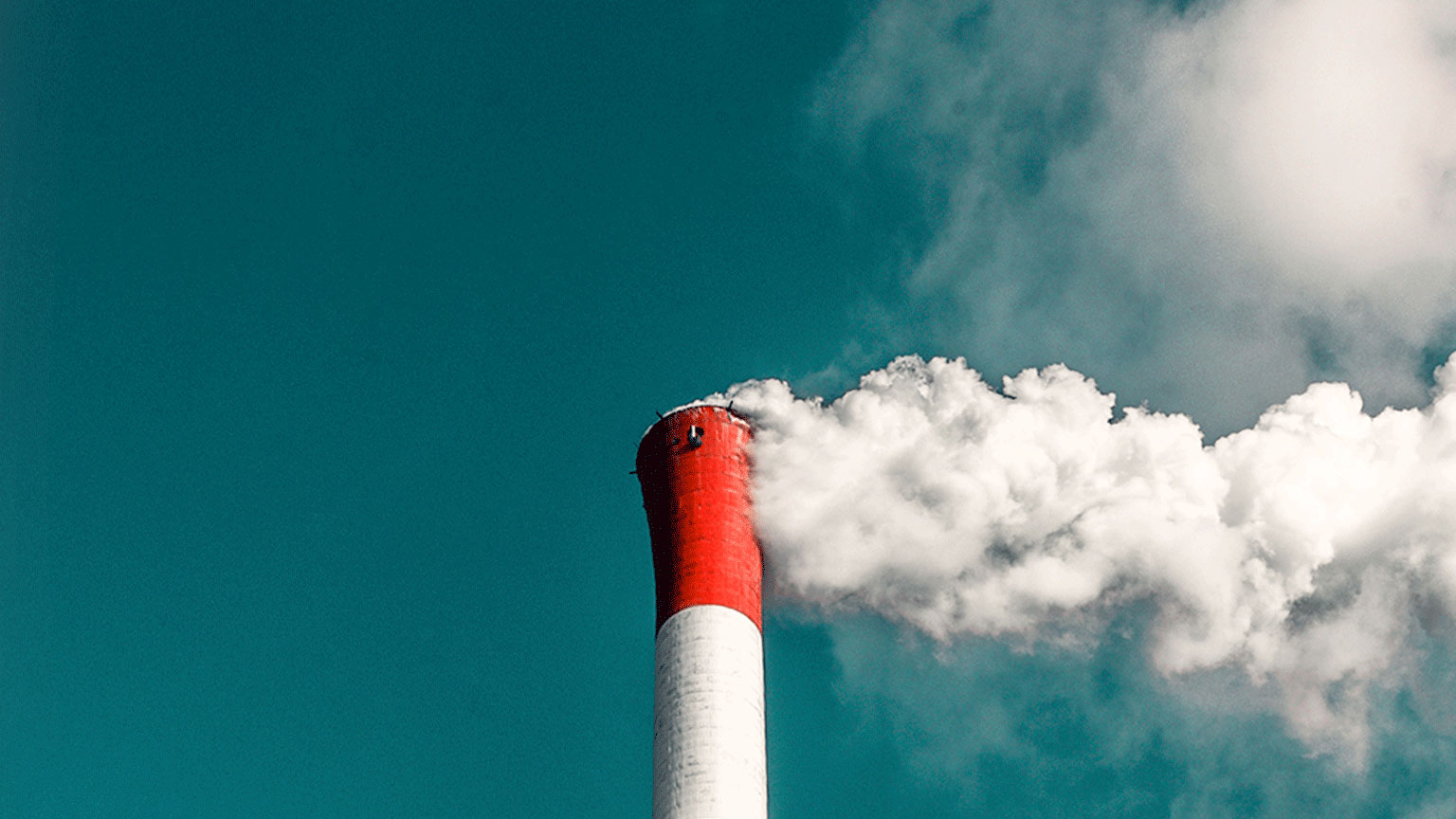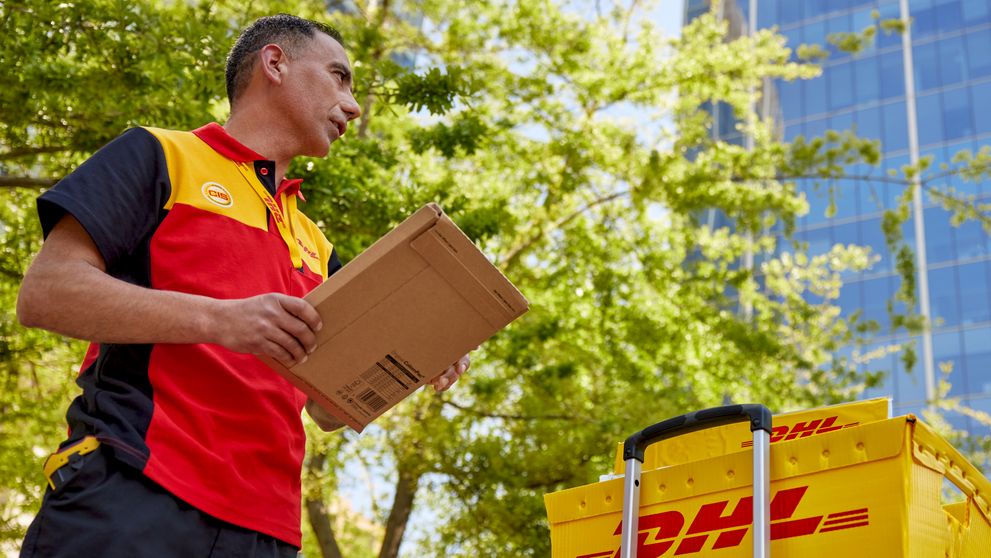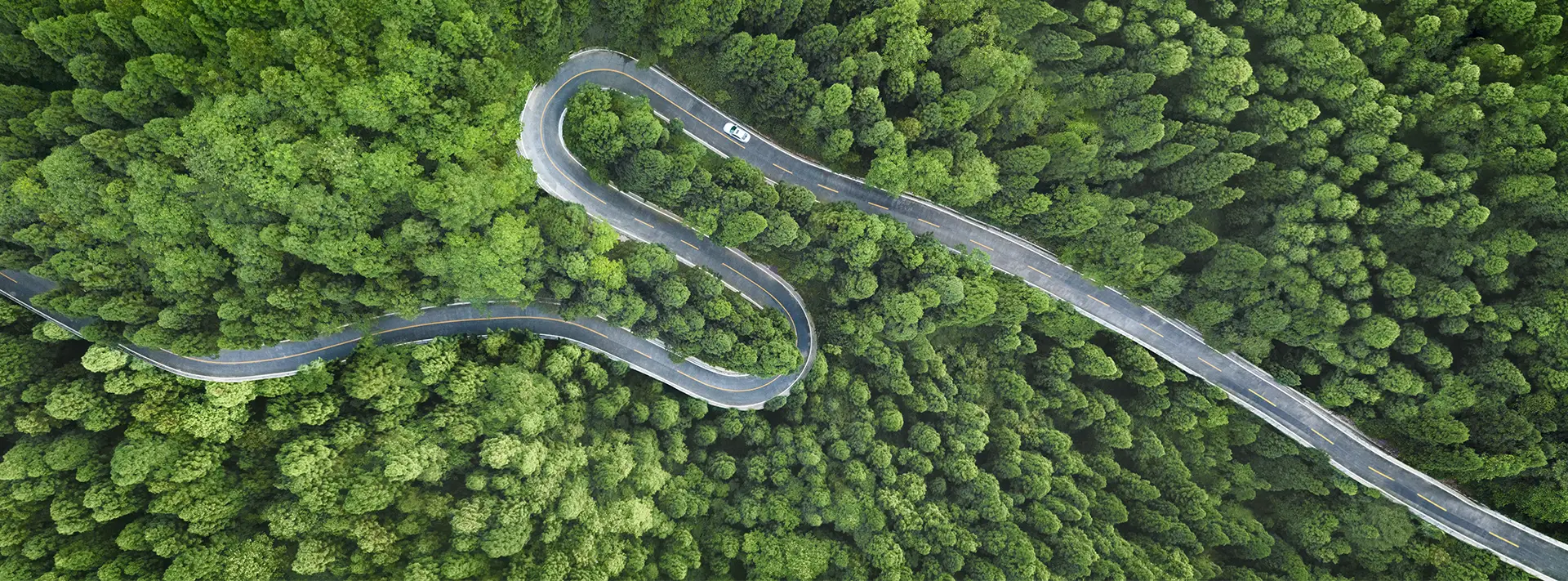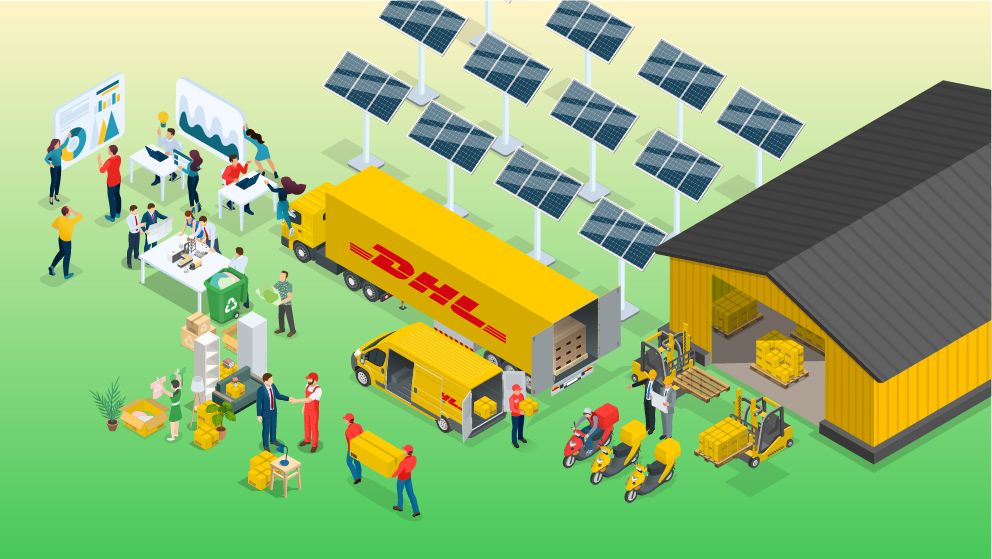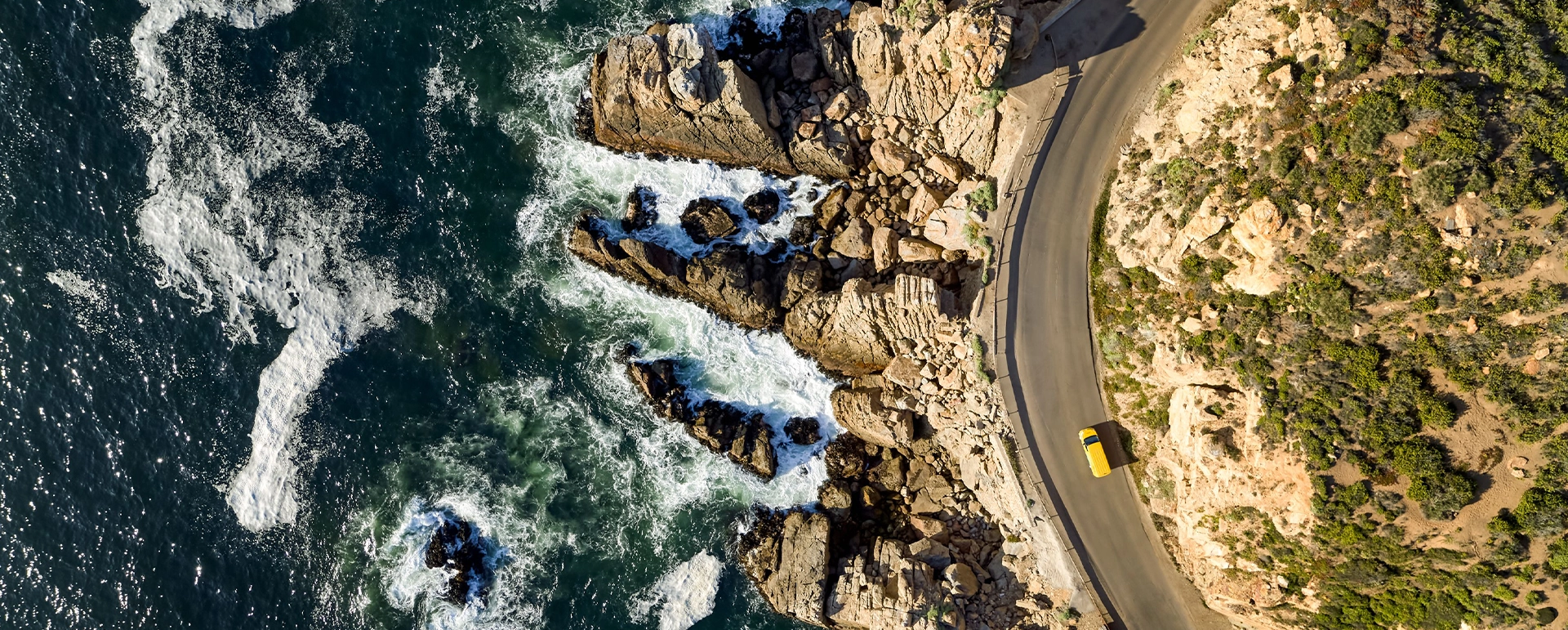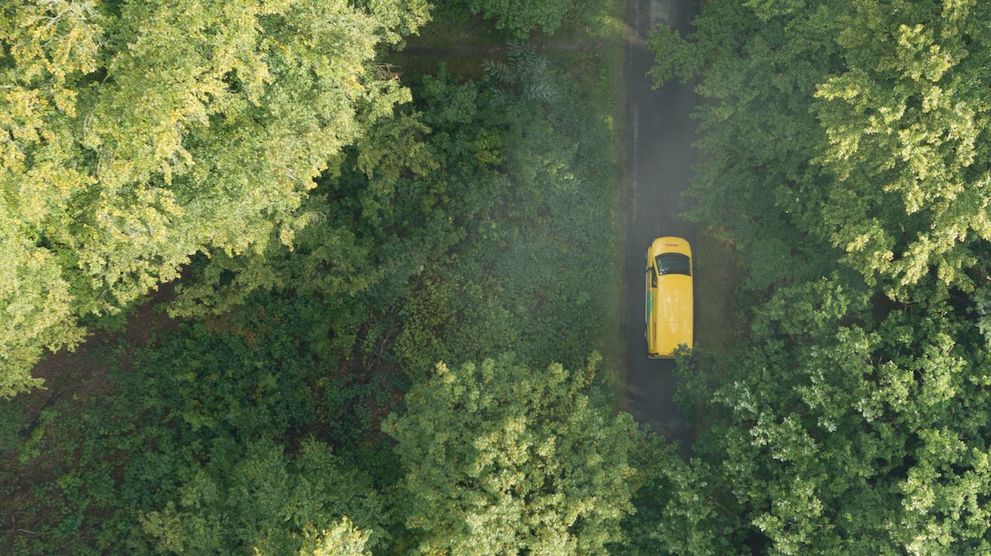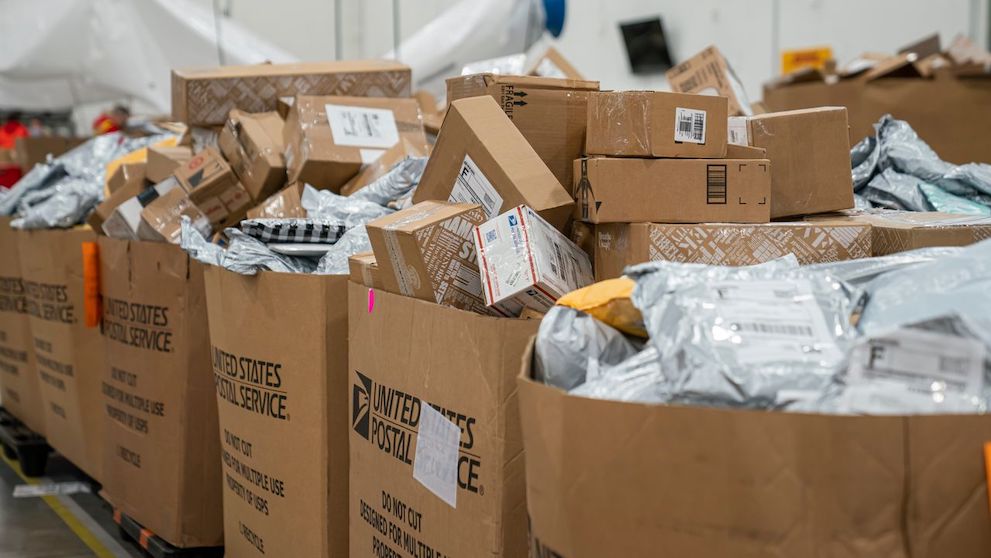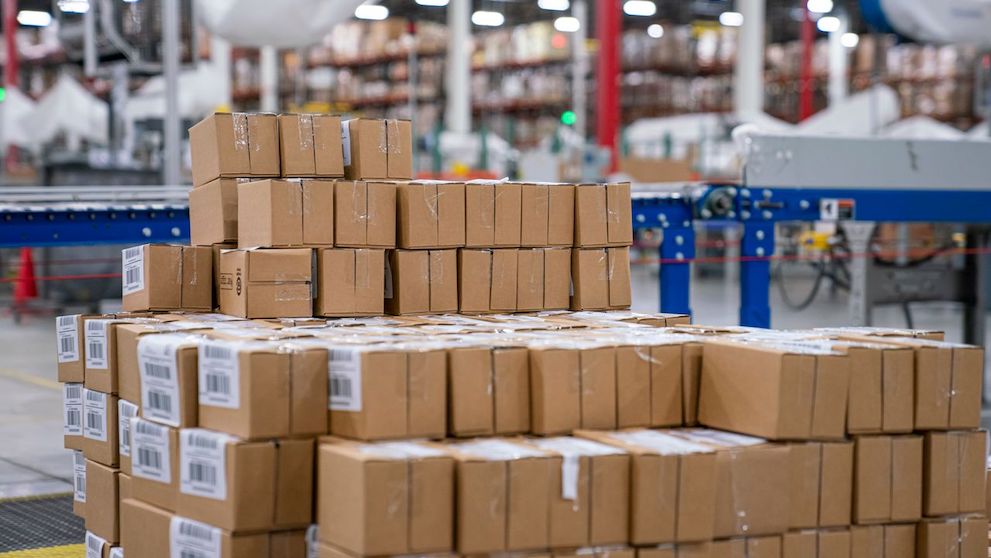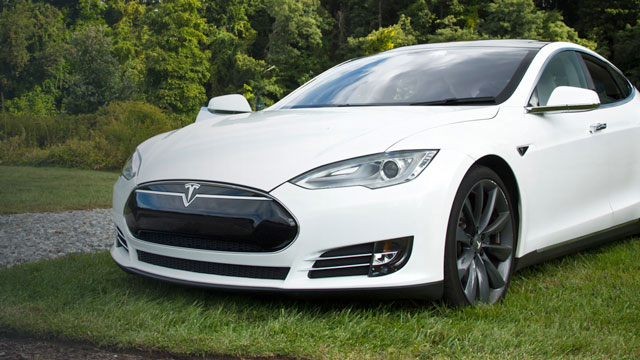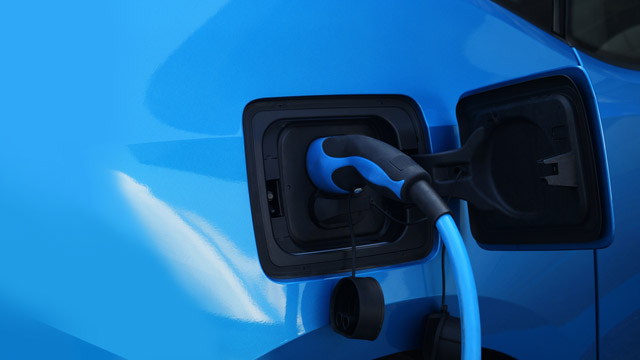Diesel cars are being phased out around the world. But are they really as bad as everyone claims?
Pollution is linked to one in six of all deaths – that’s 9 million people across the world every year. Pollution comes from a range of sources, from heavy industry and power stations to home heating systems and even cleaning products. There’s a staggering 1.25 billion vehicles packed onto the world’s roads, contributing 14% of total global pollution.
For a time, we all thought diesel cars were the future. They produce less CO2 than petrol, while being cheaper to run. Then in 2012 the World Health Organization upgraded diesel fumes from ‘probably causes cancer’ to ‘definitely causes cancer’.
Blame the PM2.5s
Alongside nitrogen oxide (NOx), the biggest problem is particulate matter: microscopic pieces of soot and dust that absorb deep into our lungs and cause all kinds of health problems. Not good.
These particulates, known as PM2.5 (because they are 2.5 microns wide or smaller), are produced by both petrol and diesel cars, with older diesel engines being the main offenders. What’s more, NOx – a major byproduct of diesel combustion engines – is linked to lung and heart conditions.
Dieselgate was the final nail in diesel’s coffin. Volkswagen admitted it was cheating its emissions tests, while a number of diesel cars from a range of manufacturers were found to be producing up to 10 times the amount of pollution expected.
Aren’t diesel and petrol engine cars getting greener?
Yes, definitely. Especially diesel cars. New Euro 6 emissions limits for NOx emissions from diesel are comparatively low.
In theory, this makes all combustion engine vehicles from the last 4-5 years super-clean. Dieselgate has accelerated diesel’s demise. A number of car models were found to be detecting the lab-based ‘rolling road’ test conditions and adjusting engine performance to meet the emissions standards. And the story gets worse. Even the lab conditions themselves aren't up to the job. In short, emissions are much higher when cars are out on real roads in real driving conditions.
Has your fleet got a future?
Enter ‘Real Driving Emissions’ tests, or RDE. These lab tests, alongside a new global UN-backed harmonized testing cycle, will put much greater pressure on car manufacturers to adhere to emissions limits. The new tests more realistically recreate real-world, on-the-road driving conditions, meaning more accurate emissions results.
Right now, real-world testing data suggests even new vehicles are pumping out up to 40% more CO2 and 4-5 times the levels of NOx than existing regulation permits. The new testing standard will force manufacturers to work harder to reduce emissions.
Heavy duty vehicles are, for now at least, ahead of consumer cars when it comes to controlling emissions. Rigorous real-world emissions testing equipment (PEMS) has been in use for heavy duty vehicles since 2014. By weight, heavy duty vehicles emit less pollution than cars.
Can logistics firms rest easy?
The long-term outlook for diesel cars of all shapes and sizes is decidedly bleak. Vans, trucks and other heavy duty vehicles are increasingly in the crosshairs of city leaders around the world.
It’s another case of adapt or die: make plans right now for the next 10-20 years. How are you going to move from diesel engines to low emission cars? What alternatives are there other than electric cars? Here's our guide to six future fuels that could power your next vehicle:

